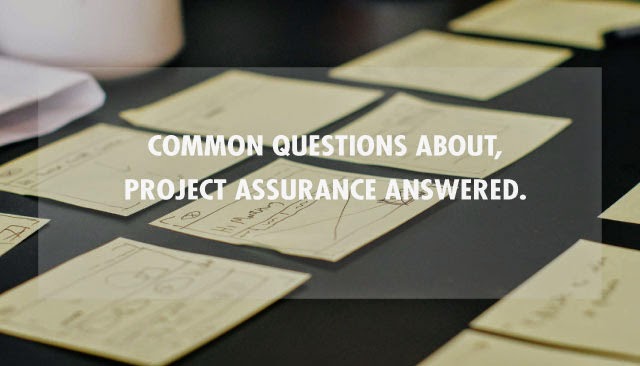
03 Oct Self Improvement – A Bakers Dozen
Posted at 00:00h
in Government, Growing Companies, Health & Community Services, IMPLEMENTATION, Local Government, Uncategorised, Utilities
Know more of our IMPLEMENTATION capabilities.
Personal, professional and team growth is a foundation upon which an organisation innovates, elaborates and expands. A key component of this process is the commitment to continuous improvement even when managing change across the organisation, and more importantly, by the people within the organisation.
A quick survey across the web highlights a plethora of tips, tricks, hints, and clues to help one continuously improve one’s performance. All of these may be summarised into three actions:
- Do better at what you do
- Use your time well
- Give yourself space to create.
These actions, and the activities within each of these three actions, provide a Bakers Dozen guide to continuous improvement.
Do better at what you do
ONE – Listen: Listening is the cornerstone for any improvement. Through it comes feedback on what others perceive is done well, what is not done so well, and what can be improved.
TWO – Set milestones and reward yourself: To improve on what one does, it is necessary to be able to measure what is done and provide self-feedback on the success, or not, of completing those tasks. Milestones provide a clear baseline that indicates when tasks are completed or not, and provide a method by which one can deem the completion of those tasks a success.
THREE – Learn when to sprint: Everyone works at a different pace. Sportspeople learn to conserve their strength for when it is crucial to have that last kick. Business people would do well to learn the same. If one works at full capacity for an extended time, the ability to “put in” when it is crucial is diminished. It is important to learn how to muster ones energies.
FOUR – Clean your space: Although some believe that a messy work area is conducive to creativity, studies show this is just not the case. A tidy work area, where things come easily to hand, will help you work better and more efficiently.
FIVE – Close the feedback loop: As with listening, once feedback is received, it is important to close the loop, providing a response to the feedback that was received – either through actions or words. This can better one’s performance and the perceptions of those around a person.
Use your time well
SIX – Plan and prioritise: Planning puts in place the framework for performance. By putting ones efforts into the most important activity first, it improves ones performance.
SEVEN – Run a better meeting: Estimates on the time people spend in meetings range from 25% to 80%. To run a better meeting improves everyone’s performance.
EIGHT – Know yourself: One often over estimates or underestimates the time needed to complete a task. By understanding ones’ bias, then the probability of meeting timeframes and delivering as expected will improve.
NINE – Do one thing at a time: There is a theory that multi-tasking is a skill which is easy to develop and necessary as part of the business world. However, as with a messy/tidy desk, the research does not support this assumption. There are very strong indications that a minority of people can actually multi-task effectively. For most people, it is inefficient, as the process of putting down one task and picking up another requires re-orientation that wastes any time that may have been saved by trying to do more than one task at a time.
Give yourself space to create
TEN – Read something new: To continue to improve ones’ performance, one needs to expand ones knowledge and experience base. An easy way to do this is to read something new, or see something new, or experience a new thing.
ELEVEN – Ask a question: To grow, one needs to be challenged. One of the easiest techniques to challenge ones position, and to create a new position, is to ask a question.
TWELVE – Get out of the office: A response to a situation, a person, or a problem is often constrained by the environment. Stepping out of that environment, be it the office, the home office, or the home, can create an entirely new environment and a new mind set for looking at an opportunity or a problem.
THIRTEEN – Stay healthy: As passé as the saying “healthy body health mind” is, there is much truth in it. Keeping an active and healthy body improves the health and quality of the mind. A healthy mind can lead to a creative mental life.
There are obviously more than 13 points to continuously improve ones’ performance, and different ways and methods for consolidating these points to best suit each individual. These 13 points may provide ideas for continuously improving ones’ personal performance, that of the company one works for, and the people with whom one works.
Are there any missing that are important to you?
Latest posts by Lynn Kincade (see all)
- Self Improvement – A Bakers Dozen - 3 October 2018
Share this post













